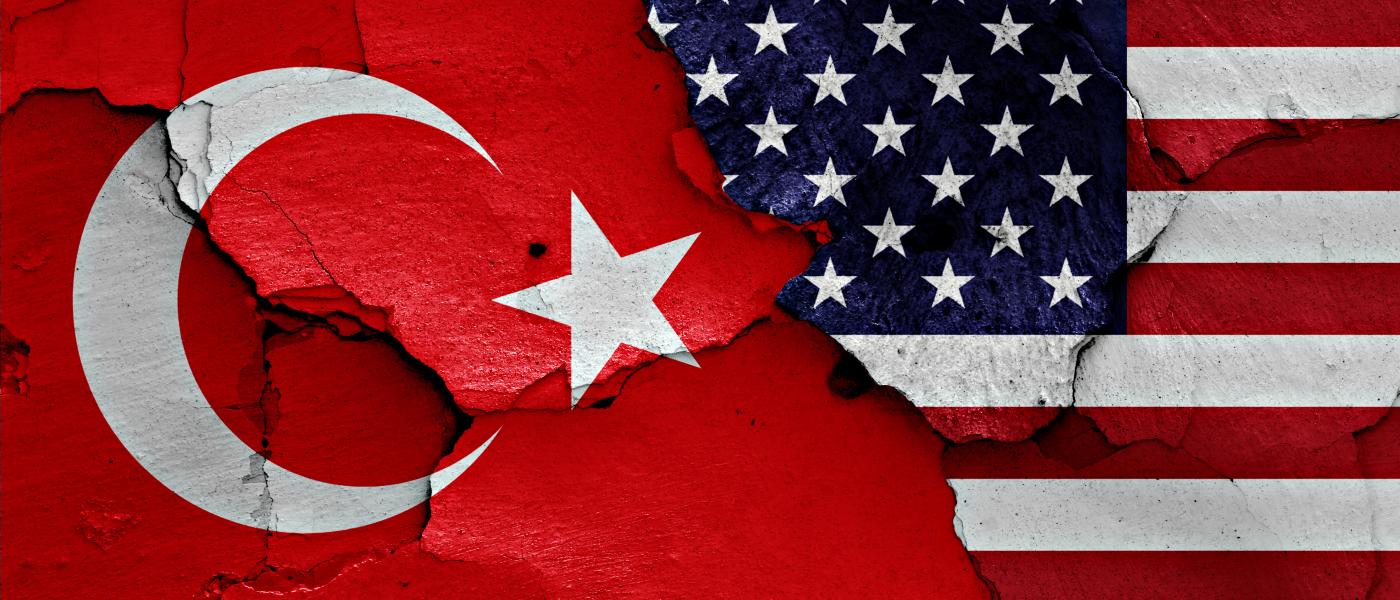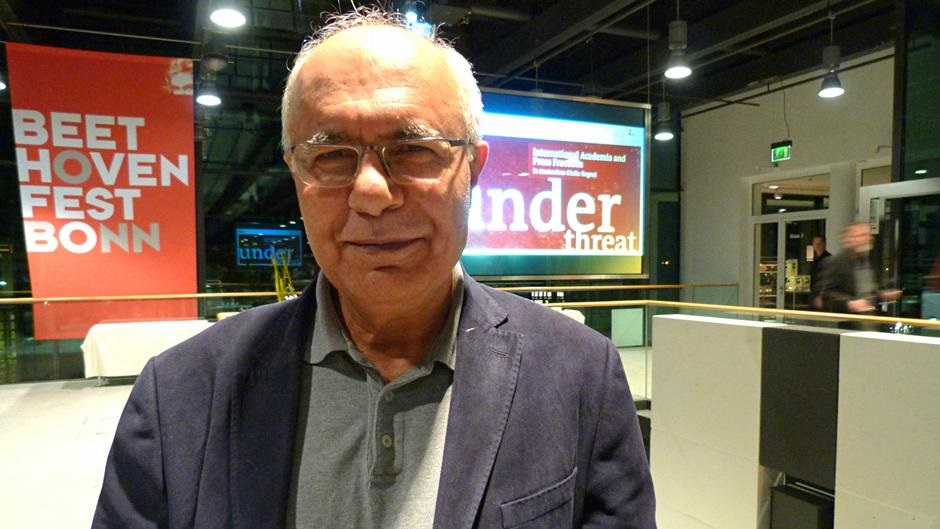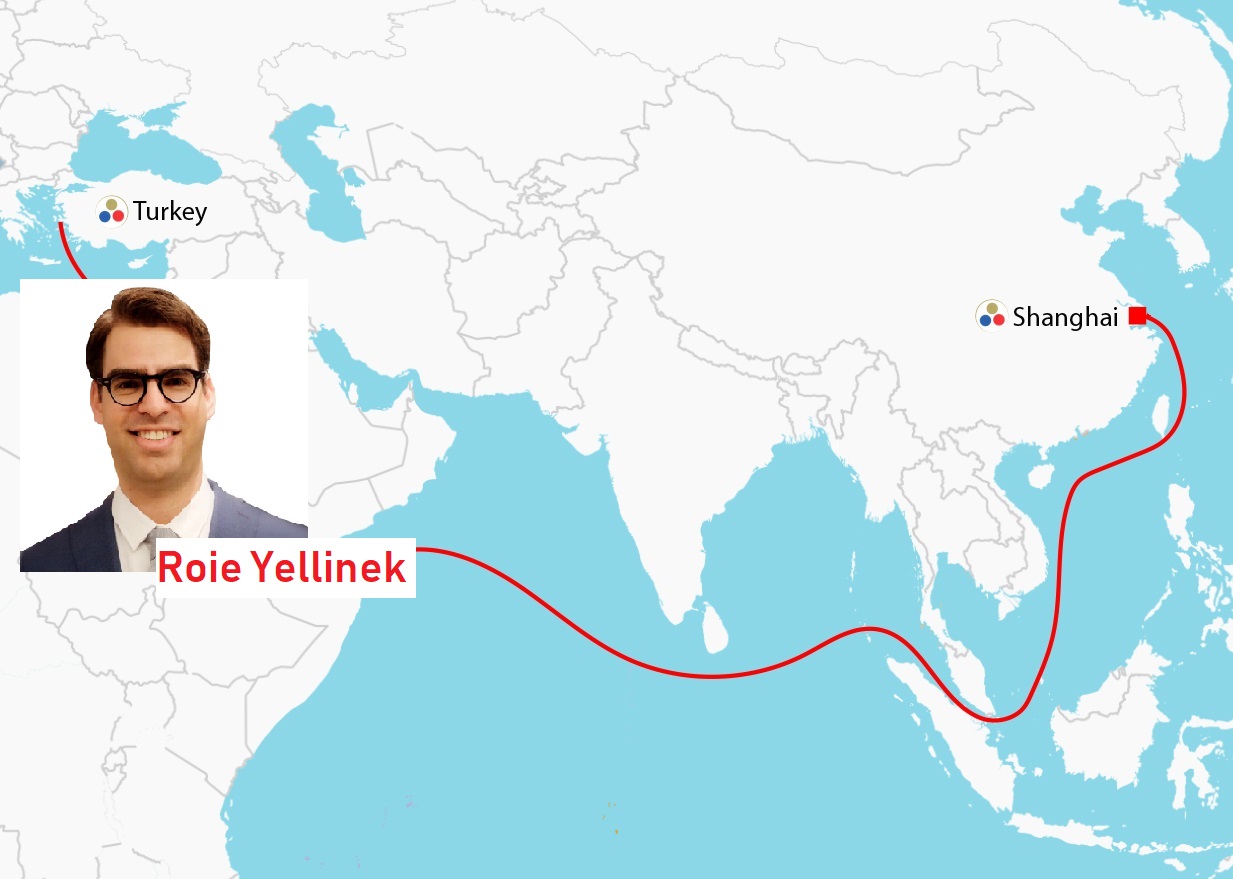[authorbox authorid=”26″ ]
Stephen Cole is one of the most recognisable and versatile faces of International television news. He has anchored 24-hour news since 1989 from the studio and from some of the world’s major trouble spots. Stephen has conducted network interviews with Presidents, Prime Ministers and Movie Stars. He wrote and hosted the Oscars Special programme on BBC World for six years.
He successfully launched the world’s main news channels, Sky News, CNN International, BBC World and Al Jazeera International in London and Doha. He has specialist knowledge of Middle-Eastern politics.
Stephen is also a popular Chairman and Moderator at International Global events such as the World Economic Forum at Davos and the Eurasian Media Forum in Astana. He also recently chaired at the United Nations setting the five-year agenda for UNESCO. He has chaired for UNESCO in Paris and Nagoya. He has also hosted conferences in education, banking and global health and writes travel and political articles for magazines and newspapers around the world.
We interviewed him on media freedom, human rights and the recent situation in Turkey.
The Media Freedom is declining globally as authoritarian regimes are rising. Western countries were known as the quards of press freedom, however in last few years Journalists like Daphne Caruana Galizia and Jan Kuciak were murdered in the EU territory. How do you see the role of Investigative journalism and why is it so important nowadays? Investigative journalism has never been more important. How else are suspect organisations and individuals to be held to account?
Sadly though fewer organisations than ever before have the will or the budget to commission teams of journalists to investigate stories that lead to compelling and successful outcomes.
Investigations take time and resources and there is less of both available to employers. When accountants run journalism it’s more difficult to persuade them of the necessity of long and often costly investigations. They cant see the profit.
But in fairness it is not just the fault of the “bean-counters” the reading public don’t seem to have the hunger or the patience to read long investigations.
It is also a very dangerous job. When I was investigating organized crime in Bulgaria a journalist colleague’s flat was blown-up. He wasn’t inside at the time but his attackers didn’t know that, so it’s a dangerous job.
According to the Committee to Protect Journalists three journalists have already been killed in 2019. They died in Ghana, Libya and Mexico. 54 were killed in 2018.
Alongside those disturbing figures it is clear that an increasing number of journalists are being imprisoned- like the Philippines’ journalists Maria Ressa.
The Committee to Protect Journalists has counted 22 journalists murdered in Turkey since 1992, 16 of which were with impunity. According to the İnternational Press Institute, 153 journalists were behind bars, making Turkey the world’s worst jailer of journalists for the third year running. Given this, do you think the Turkish authorities are in a position to investigate the Jamal Khashoggi affair? Do you think that this hypocrisy has been adequately addressed by the international community reporting on Khashoggi?
Absolutely not. Jamal Khashoggi’s death inside the Saudi Consulate in Istanbul on October 02 was according to some sources in Turkey premeditated torture and murder. There are credible links to the de facto Saudi leader Mohammed bin Salmon.
Khashoggi was allegedly strangled and dismembered in order to send a very clear message to anyone else thinking of investigating or telling the truth about the regime to “think again”, it was a clear threat.
Three countries (Finland, Denmark and Germany) have halted arms sales to Saudi Arabia.
In the US there was criticism of Saudi from both sides of the House. But despite a CIA assessment that Crown Prince bin Salmon had indeed ordered the killing, the President wouldn’t stop arms sales. Saudi money is buying silence in many places, which sets a very dangerous precedent and the global public seem unaware.
It is also sending the message from autocrats that killing journalists may not be punished.
It has been noted that the Turkish authorities’ efforts to supress press freedom extend beyond its borders. For example, in 2018 they issued Interpol red notices for journalists Can Dündar and İlhan Tanir. Other dissidents have been abducted and forcefully deported back to Turkey. And then there are cases of President Erdogan suing critics, and of cyber attacks against offending outlets. From your experience, do such tactics force international media outlets to reconsider publishing certain stories?
It is clear autocrats don’t like journalists. Even supposed democrats like former British Prime Minister Tony Blair always tried to silence those journalists, he and his spin doctors, considered “not on message”. It they didn’t report stories Blair liked they didn’t get a briefing – they were excluded from the lobby. It was all about control. Blair was one of the first democratically-elected leaders who had declared war on the truth – especially during the build-up to the Gulf War and the lies about what Blair’s team called “ the weapons of mass destruction”.
And autocrats work the same way. Journalism has to draw the curtail back on hidden truths – that is at the core of our profession. Society and democracy both benefit when the truth is found and those societies have to defend the journalist to the hilt. Current British prime Minister Theresa May – despite many public maulings is a supporter of journalism and freedom of the press.
Mr Trump’s war of words with the media may actually be working to the advantage of journalism by alerting voters to the importance of factual journalism and the necessity of having to pay for it.
But hopefully such tactics don’t force ALL international media outlets to “ censor “ their stories but it does add to the pressure on Editors to err on the safe side.
The ECtHR has been criticised for its handling of Turkish applications. For instance, it considers the State of Emergency Commission a viable domestic avenue which must be first exhausted, despite evidence showing that it is inefficient and non-impartial. This Commission hears appeals against dismissals and closures – including that of media workers and media outlets – which occurred during the state of emergency. Do you think the Council of Europe should be doing more to support independent media in Turkey?
Journalism needs support from every organization and that includes the Council of Europe. But it needs a far higher profile and “more teeth“ if it is to be taken seriously. At the moment it is not considered by international media to be especially relevant.
A Human Rights Channel is a good idea, but who is watching? I like the Alerts system,I went to the website and saw that “130 journalists are currently in detention”. So where are the Euro-lawyers and Sanctions on countries that kill or illegally imprison journalists? The list of partners is impressive but I would suggest a Chair who can deliver global publicity and be taken seriously by governments. Its profile needs to be seriously raised. European Assemblies, Committees and MEPs may deliver suitable rhetoric.
The International community has some mechanism dealing with threats to Media and Journalists. For Instance the Organisation of Security and Cooperation in Europe’s Representative on the Freedom of the Media, the mandate of the United Nations special rapporteur on freedom of expression, or the Council of Europe’s Platform to promote the protection of Journalism and safety of journalists. Add to this many NGO’s are doing a great job with reporting and advocating for Press Freedom however it is not enough. Until governments don’t really prioritize Human Rights and Media Freedom in their Foreign Policy, the situation will not improve towards a positive direction. What would you recommend to the decision makers in the EU to improve the safety of Journalists and promote freedom of Media globally?
Well for a start you could persuade more MEPs to take the situation more seriously. There is a telling picture on the CPJ (Committee to Protect Journalists) website showing the complete disregard for a Council of Europe report into obstruction and violence towards journalists.
Just one member in view for a debate in Strasbourg on press freedom following the murder of Slovac investigative journalist Jan Kuciak. The title of the report is “Democracy at Risk “. I don’t think the Council is taking that seriously enough. MEPs seem ambivalent towards free and fair journalism. In a world of increasing autocracy the Council and moving in a dangerous direction.



